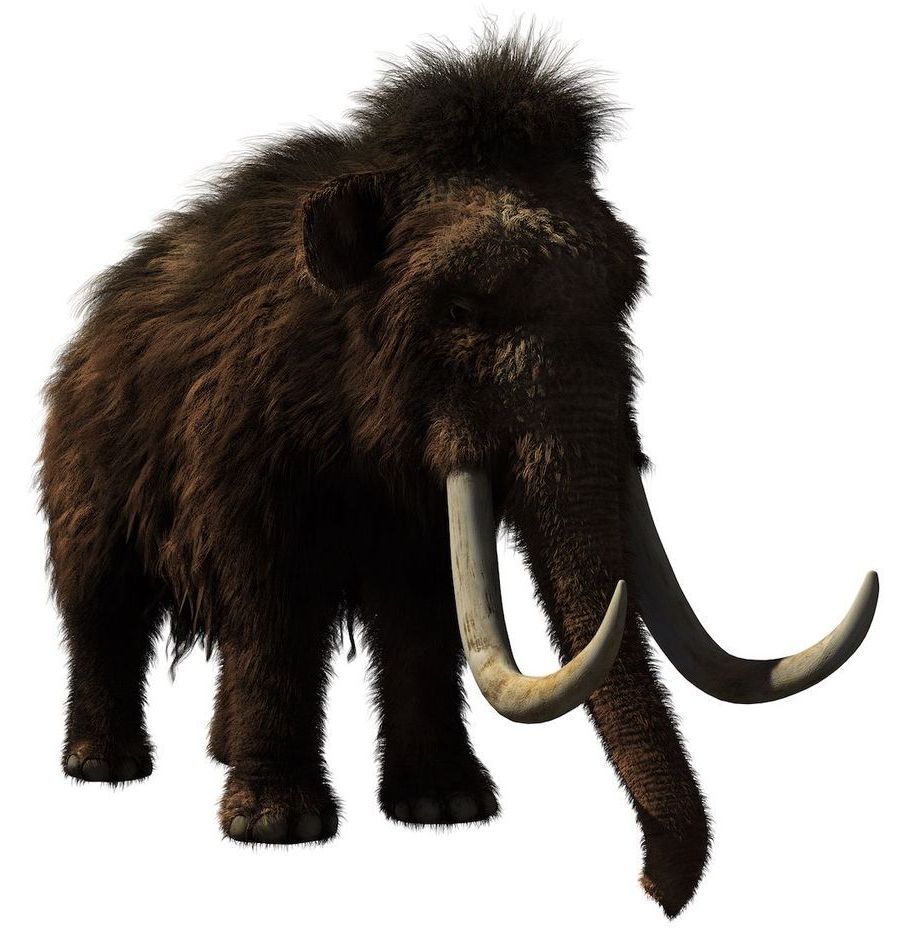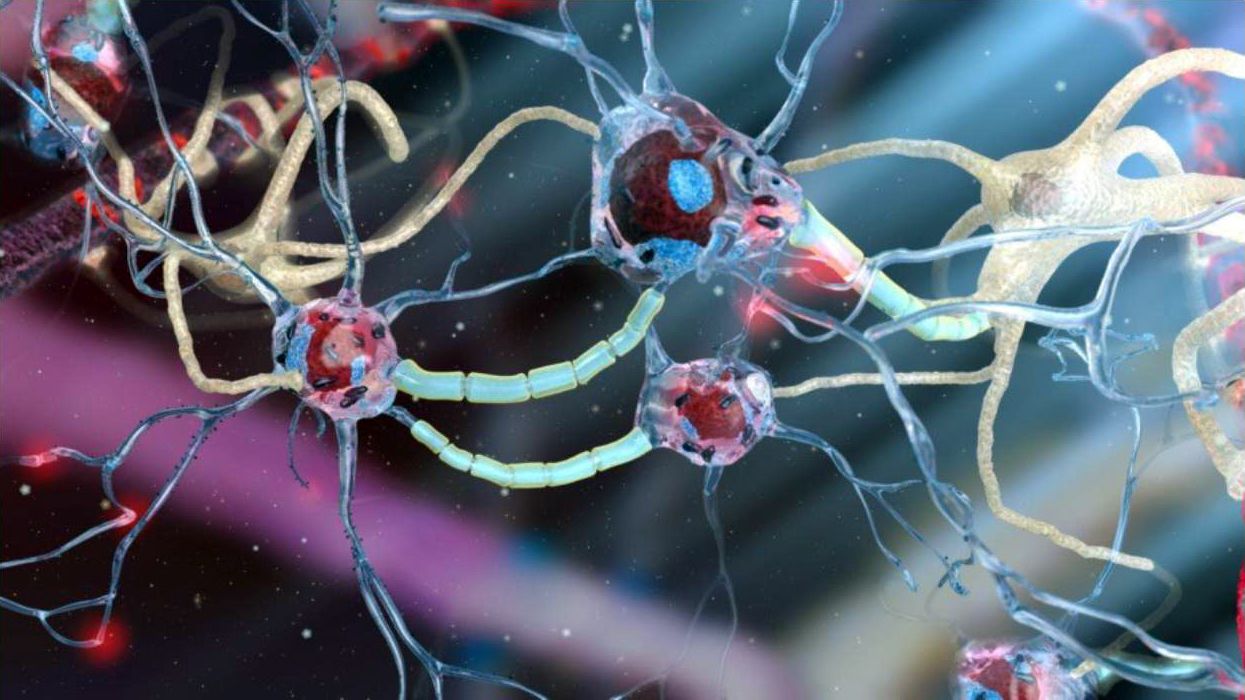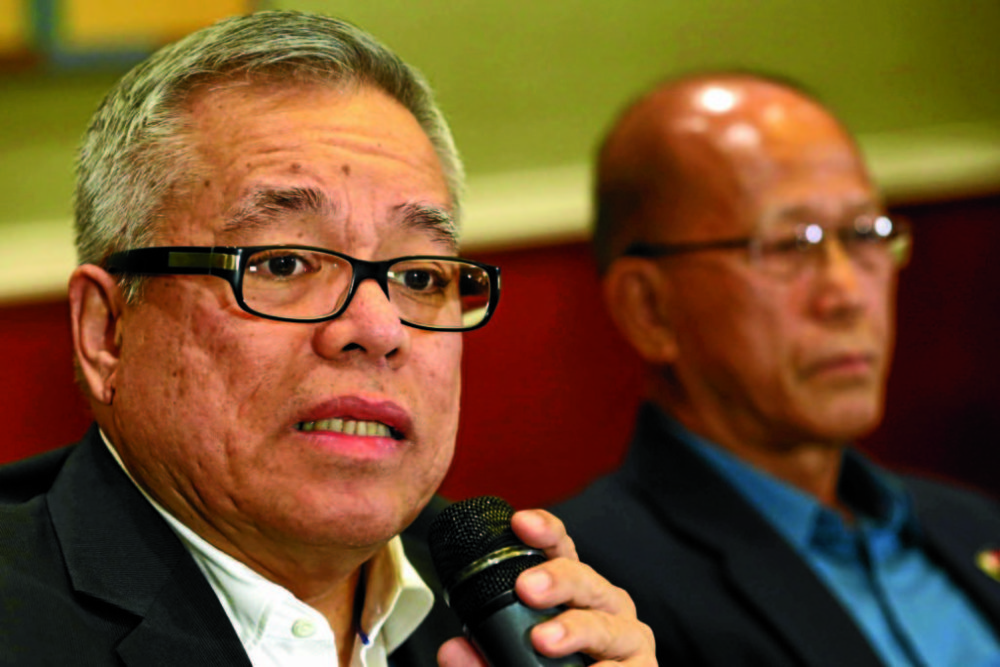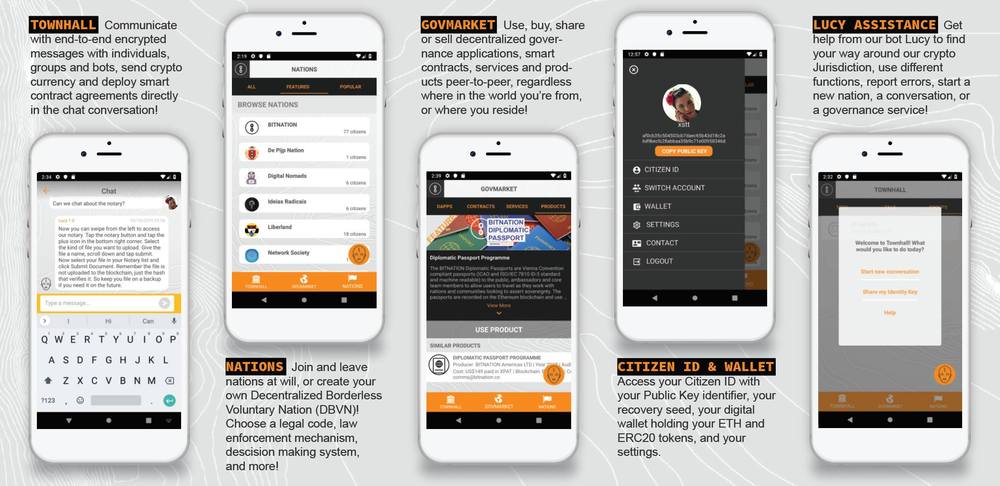
Get the latest international news and world events from around the world.



You Are What You Eat: Neanderthals, Woolly Mammoths Apparently Shared Genetic Traits
In a new study published in the journal Human Biology, archaeologists from the Tel Aviv University reveal the molecular similarities between Neanderthals and woolly mammoths by studying three case studies.
Scientists discover that two completely different species can evolve and develop the same genetic characteristics. In a landmark study, Neanderthals and woolly mammoths are found to be very similar to each other.
SpaceX to livestream Falcon Heavy Block 5 launch debut at 6:15pm ET today
SpaceX is half a day away from the planned launch debut of Falcon Heavy Block 5, a milestone that will also be the rocket’s second launch ever and first mission with a commercial payload.
First and foremost, Falcon Heavy’s job is to safely place the Saudi Arabian communications satellite Arabsat 6A into a high-energy geostationary transfer orbit (GTO) more than 35,000 km (~22,000 mi) above Earth’s surface. Despite the satellite weighing no less than 6000 kg (13,200 lb), Falcon Heavy will still have enough latent performance to attempt the recovery of all three of its new Block 5 boosters. With any luck, this will hopefully return SpaceX’s East Coast landing zones (LZ-1 and LZ-2) to successful operations after an anomaly in December 2018 caused Falcon 9 B1051 to landing a mile or so offshore.

Human Brain/Cloud Interface
The Internet comprises a decentralized global system that serves humanity’s collective effort to generate, process, and store data, most of which is handled by the rapidly expanding cloud. A stable, secure, real-time system may allow for interfacing the cloud with the human brain. One promising strategy for enabling such a system, denoted here as a “human brain/cloud interface” (“B/CI”), would be based on technologies referred to here as “neuralnanorobotics.” Future neuralnanorobotics technologies are anticipated to facilitate accurate diagnoses and eventual cures for the ∼400 conditions that affect the human brain. Neuralnanorobotics may also enable a B/CI with controlled connectivity between neural activity and external data storage and processing, via the direct monitoring of the brain’s ∼86 × 10 neurons and ∼2 × 1014 synapses. Subsequent to navigating the human vasculature, three species of neuralnanorobots (endoneurobots, gliabots, and synaptobots) could traverse the blood–brain barrier (BBB), enter the brain parenchyma, ingress into individual human brain cells, and autoposition themselves at the axon initial segments of neurons (endoneurobots), within glial cells (gliabots), and in intimate proximity to synapses (synaptobots). They would then wirelessly transmit up to ∼6 × 1016 bits per second of synaptically processed and encoded human–brain electrical information via auxiliary nanorobotic fiber optics (30 cm) with the capacity to handle up to 1018 bits/sec and provide rapid data transfer to a cloud based supercomputer for real-time brain-state monitoring and data extraction. A neuralnanorobotically enabled human B/CI might serve as a personalized conduit, allowing persons to obtain direct, instantaneous access to virtually any facet of cumulative human knowledge. Other anticipated applications include myriad opportunities to improve education, intelligence, entertainment, traveling, and other interactive experiences. A specialized application might be the capacity to engage in fully immersive experiential/sensory experiences, including what is referred to here as “transparent shadowing” (TS). Through TS, individuals might experience episodic segments of the lives of other willing participants (locally or remote) to, hopefully, encourage and inspire improved understanding and tolerance among all members of the human family.
“We’ll have nanobots that… connect our neocortex to a synthetic neocortex in the cloud… Our thinking will be a… biological and non-biological hybrid.”
— Ray Kurzweil, TED 2014

Israeli Moon Lander Poised for Lunar Touchdown Thursday
If Beresheet succeeds, Israel will become just the fourth nation to land a spacecraft softly on the moon, following the Soviet Union, the United States and China.
Beresheet is currently orbiting the moon and remains on an “excellent” track, said its operators, the nonprofit group SpaceIL and the company Israel Aerospace Industries (IAI).


DTI: PH can become artificial intelligence powerhouse
Trade Secretary Ramon Lopez said the DTI would soon launch an initiative to train the country’s IT and engineering graduates to create AI solutions for the global marketplace.
Instead of fearing artificial intelligence (AI), a supposed threat to the country’s thriving business process outsourcing (BPO) industry, the Philippines can position itself as a global AI hub, Trade Secretary Ramon Lopez said.
In a recent chance interview, Lopez said the Department of Trade and Industry would soon launch an initiative to train the country’s IT and engineering graduates to create AI solutions for the global marketplace.
Lopez said the government could team up with successful Filipino technopreneur Dado Banatao to upgrade the skills of the country’s IT, science and engineering graduates.


Susanne Tarkowski Tempelhof Photo 2
Bitnation is growing up.
🔥 🔥 🔥 NEW RELEASE: #BITNATION JURISDICTION v. 1.4.0 for Android and iOS 🤩 🥳 🥰
The 1.4.0 release has been a crazy road! After the 1.3.4 release, we thought “this app somehow does not say: ”I’m a virtual nation” or ”I’m a blockchain jurisdiction”, but rather we thought it looked more like a confused web3 app which didn’t really know its purpose.
Hence we went back to the drawing board, to put the governance functions in the very center of the user experience. The result is 3 bottom menu main categories, including TOWNHALL, NATIONS and the brand new GOVMARKET. All other functions moved to a new side menu.